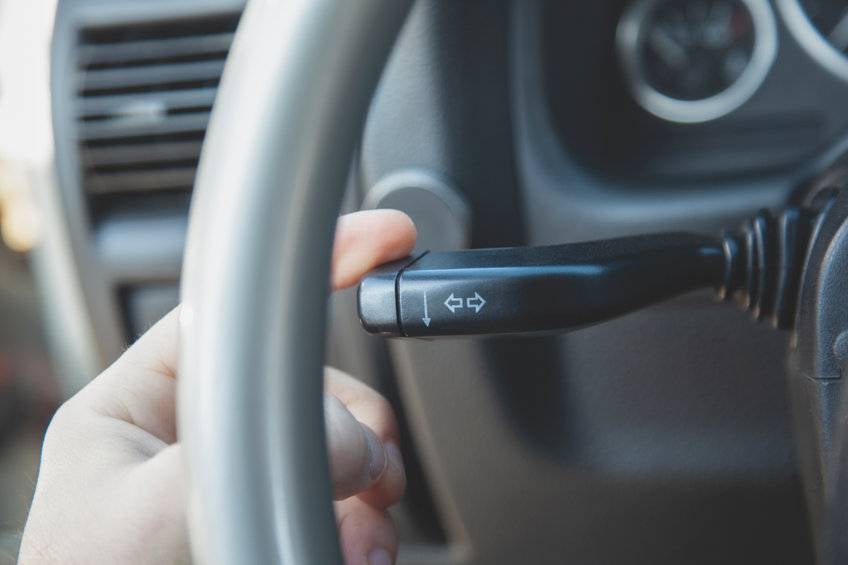Stricter driver vetting: How Maxim, inDrive ensure safer rides
Both companies have introduced comprehensive protocols aimed at upholding high safety standards while expanding their fleets across Malaysia.

SHAH ALAM - Two major e-hailing platforms, Maxim and inDrive, are revising their driver recruitment processes, focusing on rigorous vetting procedures to ensure both safety and professionalism on the road.
Both companies have introduced comprehensive protocols aimed at upholding high safety standards while expanding their fleets across Malaysia.
inDrive, a global e-hailing service with millions of drivers, stressed that safety begins at the recruitment stage.
Its Southeast Asia and Overseas Business Development Manager Afanasiy Petrov highlighted that the company implemented stringent screening procedures, including identity verification, criminal background checks, and thorough evaluations of driving records to assess driver suitability.
“We also verify the authenticity of driver documentation, such as licences and insurance papers.
“While we are working on improving our driver recruitment process, psychological assessments are part of our consideration.
“We continuously monitor driver behaviour through passenger ratings and feedback,” he told Sinar Daily.
He noted that the platform currently has over 10,000 drivers in Malaysia and several million worldwide, with an average retention rate of 30 per cent.
Petrov revealed their system leveraged real-time data to ensure only the most qualified and responsible drivers remain on their platform.
Drivers’ performances, he said, were closely monitored, with passenger reviews playing a critical role in identifying any concerning behaviours.
Despite the rigour of their recruitment methods, inDrive acknowledged that psychological vulnerabilities were not specifically assessed.
However, Petrov affirmed that any signs of instability or unprofessional conduct flagged through the feedback system prompt immediate action.
Meanwhile, another leading e-hailing service in Malaysia, Maxim, also prioritised a strict vetting process for its drivers.
Maxim Malaysia director Mohd Hazwan Musley said the company prioritised several key criteria, including the PSV licence, insurance coverage and vehicle inspection report to ensure quality service.
“When we recruit a driver on our platform, the driver is required to provide us with a PSV licence obtained from the Road Transport Department (RTD).
“In order to obtain a PSV licence, the driver has to do a medical check-up from a clinic to be an e-hailing driver, and the medical report is required to be submitted to RTD,” he said when contacted recently.
He said that their services recruitment process goes beyond paperwork as managers at the company conduct in-person checks at their offices to ensure the psychological stability of each driver.
Thus, drivers who failed to meet these standards were not permitted to work.
Both companies emphasised that their recruitment efforts were not just about adding more drivers but about maintaining a workforce that upholds professionalism and passenger safety.
They noted that as the gig economy grows, so does the need for stringent standards to ensure that passengers feel secure.










